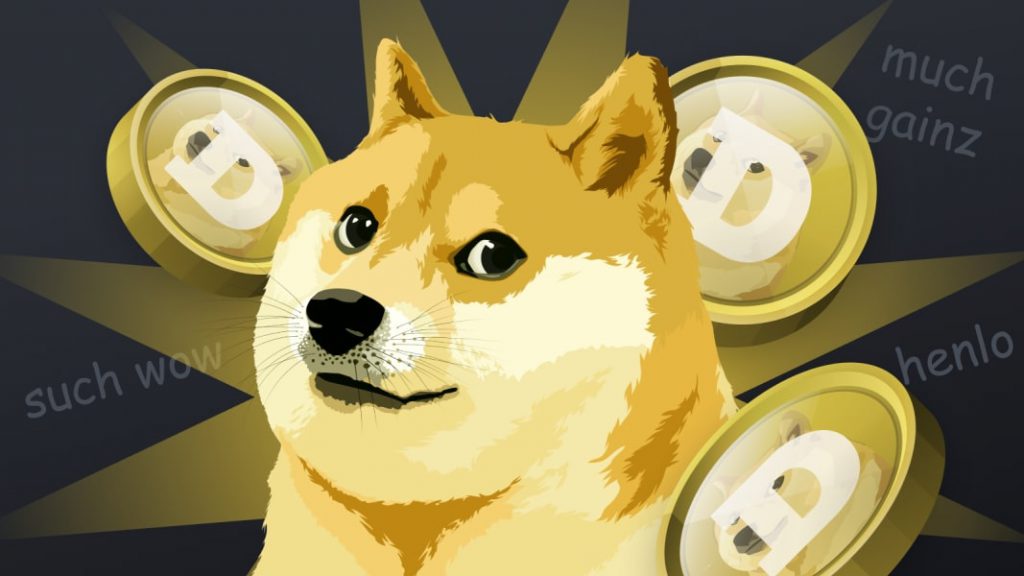
Billy Markus
Billy Markus (Shibetoshi Nakamoto): Co-Creator of Dogecoin
Billy Markus is an American software engineer, formerly of IBM, who gained widespread recognition as the co-creator of Dogecoin, alongside Jackson Palmer. Launched in 2013 initially as a lighthearted parody of Bitcoin and the burgeoning Altcoins scene, Dogecoin unexpectedly evolved into one of the most famous Memecoins. Markus, widely known online by his alias "Shibetoshi Nakamoto" (a playful nod to Bitcoin's founder), remains a prominent, though often critical and satirical, commentator on the Cryptocurrency space via social media, despite having distanced himself from the Dogecoin project years ago.
The Accidental Creation of Dogecoin (2013)
In late 2013, amidst a wave of new cryptocurrencies appearing, Jackson Palmer, then an Adobe employee, jokingly tweeted about investing in "Dogecoin," referencing the popular "Doge" internet meme featuring a Shiba Inu dog. Seeing the positive reaction, Palmer registered the domain dogecoin.com.
Billy Markus, seeking to create a fun, accessible cryptocurrency distinct from Bitcoin's serious reputation, saw Palmer's idea and reached out. Leveraging his software engineering skills, Markus adapted the code from existing cryptocurrencies – specifically, Dogecoin was created as a fork of Luckycoin, which itself was a fork of Litecoin. This meant Dogecoin inherited Litecoin's Scrypt hashing algorithm and Proof-of-Work consensus mechanism, allowing it to be launched relatively quickly.
"I ran across the website randomly and thought it would be funny to make the actual Dogecoin. I threw it together in a few hours, and we launched it, and then it took off, and lots of crazy stuff happened since." - Billy Markus
Dogecoin officially launched on December 6, 2013. Its intentionally playful branding, abundant initial supply, and focus on a friendly community using DOGE for online tipping (especially on platforms like Reddit) contributed to its rapid and unexpected viral popularity, far exceeding the creators' initial satirical intent.

Departure from the Dogecoin Project (2015)
Despite Dogecoin's growing popularity, Billy Markus stepped away from the project around 2015. He sold off all the Dogecoin he held, famously stating later that the amount he received was roughly equivalent to the cost of a used Honda Civic. His reasons for leaving were multifaceted:
- Shift in Community Focus: Markus expressed discomfort with the direction the community was taking, feeling it had shifted from its original focus on fun, generosity, and education towards intense price speculation, hype, and sometimes hostile behavior.
- Harassment: He cited instances of online harassment from members of the community as a contributing factor to his departure.
- Desire for Distance: As the project grew financially significant, Markus sought to detach himself from the pressures and expectations associated with it.
"As I mentioned on my Twitter, I'm no longer part of the Dogecoin project. I left around 2015 as the community started to strongly shift from one that I was comfortable with." - Billy Markus (paraphrased from statements)
Ongoing Role as "Shibetoshi Nakamoto": Online Commentary
Though detached from Dogecoin's development, Markus remains highly active and influential on social media, particularly X (formerly Twitter), under the handle "Shibetoshi Nakamoto." He commands a large following and is known for his:
- Humorous and Satirical Tone: Often employing memes and wit to comment on crypto events.
- Skeptical Perspective: Frequently critical of the hype cycles, scams, excessive speculation, and tribalism prevalent within the broader crypto industry.
- Industry Critique: He famously tweeted about the perception of the space, stating (content paraphrased for clarity): "The reason why people think crypto is 95% scams and garbage, and most crypto people are [difficult], is because crypto is 95% scams and garbage, and most crypto people are [difficult]."
- Interactions with Public Figures: Engages occasionally with prominent figures interested in Dogecoin, notably Elon Musk, often with a characteristic blend of humor and detachment. When asked about potentially working with Musk, he quipped, "He seems to tolerate me on the internet. I have never met him in person."
Views on Crypto and Current Pursuits
Markus maintains a generally skeptical stance towards the majority of the cryptocurrency market, viewing much of it as driven by speculation rather than fundamental value or utility, despite having co-created one of its most well-known assets. He has stated he focuses on other work, including developing educational software, and has consistently resisted calls to rejoin Dogecoin development or launch new cryptocurrency ventures.
Legacy and Dogecoin's Enduring Popularity
Billy Markus's primary legacy is as the technical co-creator of Dogecoin. While he stepped away early and holds a critical view of much of the space, the Blockchain network he helped launch continues to operate and maintain a significant market capitalization and cultural relevance. Dogecoin's endurance is largely attributed to its strong, meme-driven community identity and periodic bursts of mainstream attention, often amplified by figures like Elon Musk.
Markus's story serves as a unique counterpoint within the crypto narrative – highlighting the unpredictable power of internet culture, the potential for projects to vastly outgrow their creators' intentions, and offering a creator's skeptical perspective from within the often overly optimistic crypto sphere.
Conclusion
Billy Markus, known online as "Shibetoshi Nakamoto," holds a unique place in cryptocurrency history as the software engineer who brought Dogecoin to life alongside Jackson Palmer. Created as a joke, Dogecoin unexpectedly became a cultural phenomenon and a major memecoin. Markus's decision to leave the project early on due to shifts in the community, and his subsequent role as a witty, often critical observer of the crypto space, makes his journey distinct. While detached from Dogecoin's operational present and financial success, his origin story remains a fascinating testament to the unpredictable intersection of meme culture, open-source technology, and speculative markets.

